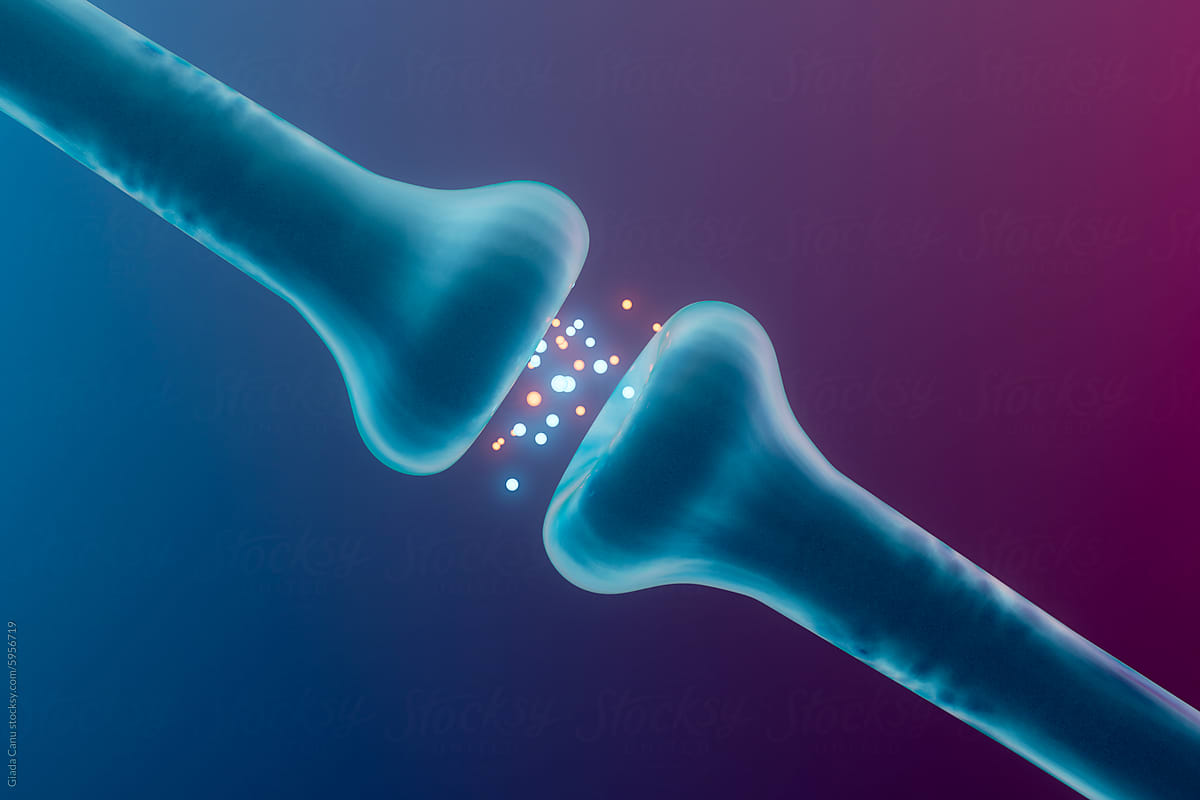24.07.2024
How does the neurotransmitter dopamine affect your body and what is its function?

Dopamine affects movement control, emotional regulation, and thinking. When dopamine levels are in balance, they affect health positively, when their levels are atypical it can lead to health problems. When dopamine levels are very high, it can reduce impulse control. When they are too low, it can lead to a lack of motivation. A healthy lifestyle and healthy habits, such as regular exercise and good sleep, can increase healthy levels of dopamine. This article discusses the effects of dopamine on the body, including what happens when it is too low and too high.
What is dopamine?
Dopamine is a neurotransmitter, whose chemicals help transmit signals from one nerve cell to another.
Dopamine plays a critical role in:
1. Motion control
2. Emotions
3. Learning
4. Reward system
Executive abilities - memory, problem solving, and inhibitory control
Like other substances in the body, dopamine promotes health when levels are within certain limits.
High levels of dopamine can lead to difficulty controlling impulses. Consequently, a person may take certain actions that he may regret later. High levels of dopamine can also influence aggressive behavior.
What happens when dopamine levels are low?
Low levels of dopamine can make a person feel tired, lethargic and lack motivation.
Causes of low and high dopamine:
1. Certain health conditions
2. Medicines
One example is Huntington's disease, an inherited disease that causes nerves and their function to slowly degrade, in its earliest stages the condition causes movements due to elevated dopamine levels.
Some drugs have side effects that can affect dopamine:
For example, they can lead to tardive dyskinesia, a condition in which you have repetitive and uncontrolled movements.
Doctors believe that this can result in an uneven distribution in the part of the brain that is responsible for controlling movement. Some medications can cause tardive dyskinesia, including antipsychotics, which doctors use to treat schizophrenia and other mental conditions.
Your trusted partner in finding medical information. We offer access to reliable resources and make it simple for you to get in touch with qualified medical service providers. Our goal is to assist you in achieving optimal health through dependable information and ongoing support, whether it's advice, a physical examination, or expert consultation.